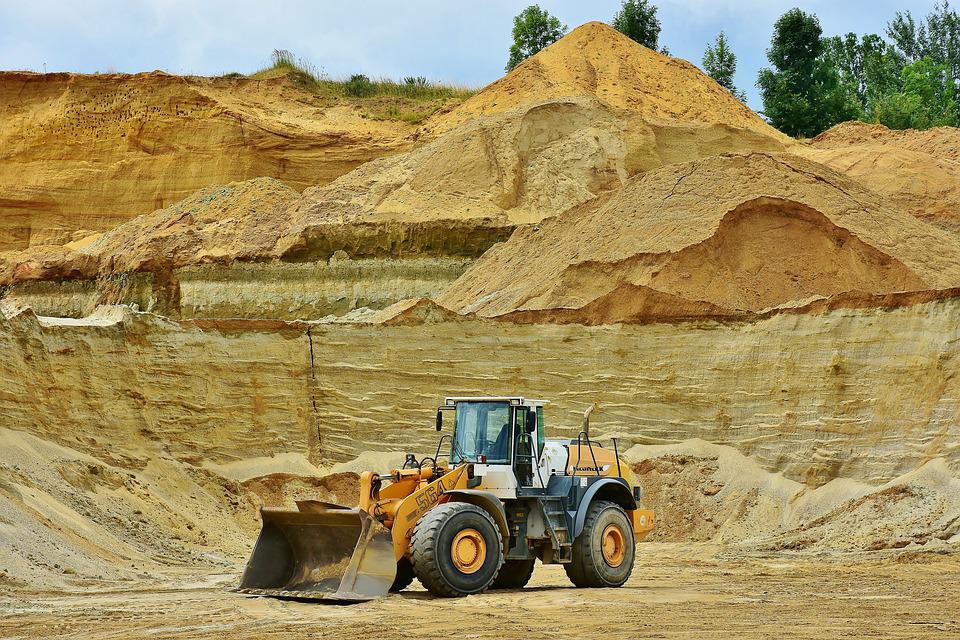The Mexican federal government highlighted what it considers to be the main points of the reform of the Mexican Mining Law.
The following is that hierarchy and a description of how the current government administration perceives mining.
Published in the Official Journal of the Federation (DOF) on 8 May 2023, the Mining Law Reform brings to an end a period of more than 30 years in which the public interest was overturned.
The new law contributes to the equitable distribution of public wealth, guarantees environmental protection, balanced and sustainable development, and improves people’s living conditions.
It eliminates the preferential nature of mining activities over any other use or exploitation of land.
– It eliminates underwater mining and mining in protected natural areas.
– It eliminates the figure of free land and applications for concessions in any part of the national territory.
– It changes the scheme for obtaining mining concessions, and they are granted only for exploitation and through public tenders.
– The duration of the mining concession is reduced from 50 to 30 years. It may be extended for a further 25 years, subject to not having incurred in grounds for cancellation and obtaining authorisations from all related authorities.
– It establishes as a priority the supply of water for human and domestic consumption in the water concession. Even if the water concession has been granted, if there is no water available for the population, the volume of concessioned water may be reduced or cancelled, in order to guarantee human rights to water and protect the environment.
– Obliges concessionaires to recycle at least 60% of the concessioned water.
– Incorporates indigenous consultation before exploiting a mine.
– Gives preference to match the highest bid from those concessionaires who participate in a bidding process for lots contiguous to the lot they have a concession for.
– Concession titles for mining activities can only be transferred with the prior authorisation of the Ministry of Economy and the fulfilment of the requirements that the original concession holder fulfilled.
– It incorporates the offences in which mining concession companies may incur, such as: extraction of minerals or substances without being the holder of the concession; and alienation or trafficking of minerals and metallurgical derivatives without having a concession or causing harm to their workers due to a lack of physical safety, by failing to comply with their obligations in terms of mine safety.
– In allocations, it establishes the handing over to public entities for exploration or exploitation of minerals reserved to the state, such as lithium or uranium.
– The Ministry of Economy in coordination with the Ministry of Environment, the Ministry of Labour, the Tax Administration Service, the INPI and the National Water Commission inspect mines for safety and hygiene in order to ensure that they comply with regulations.
– It obliges the payment of compensation to indigenous peoples and communities, with 5% of the net profit as a minimum amount to be given to the communities.
– Mining concessions may be given in guarantee, as long as the mine is in operation, the person obtaining the guarantee declares in writing that he/she meets the requirements to be a concession holder, and there is prior authorisation from the Ministry of Economy.
– It specifies and expands the grounds for cancellation of the mining concession.
– Increases existing fines under the Mining Law.
– Incorporates the process for the orderly closure of mines, which includes a work plan for repair, restoration or remediation depending on the impacts caused.
– It incorporates the obligation of the concessionaire to present a financial vehicle to guarantee the repair, restoration, rehabilitation or remediation before the closure of mine operations, when the activities at the mine have been terminated.

